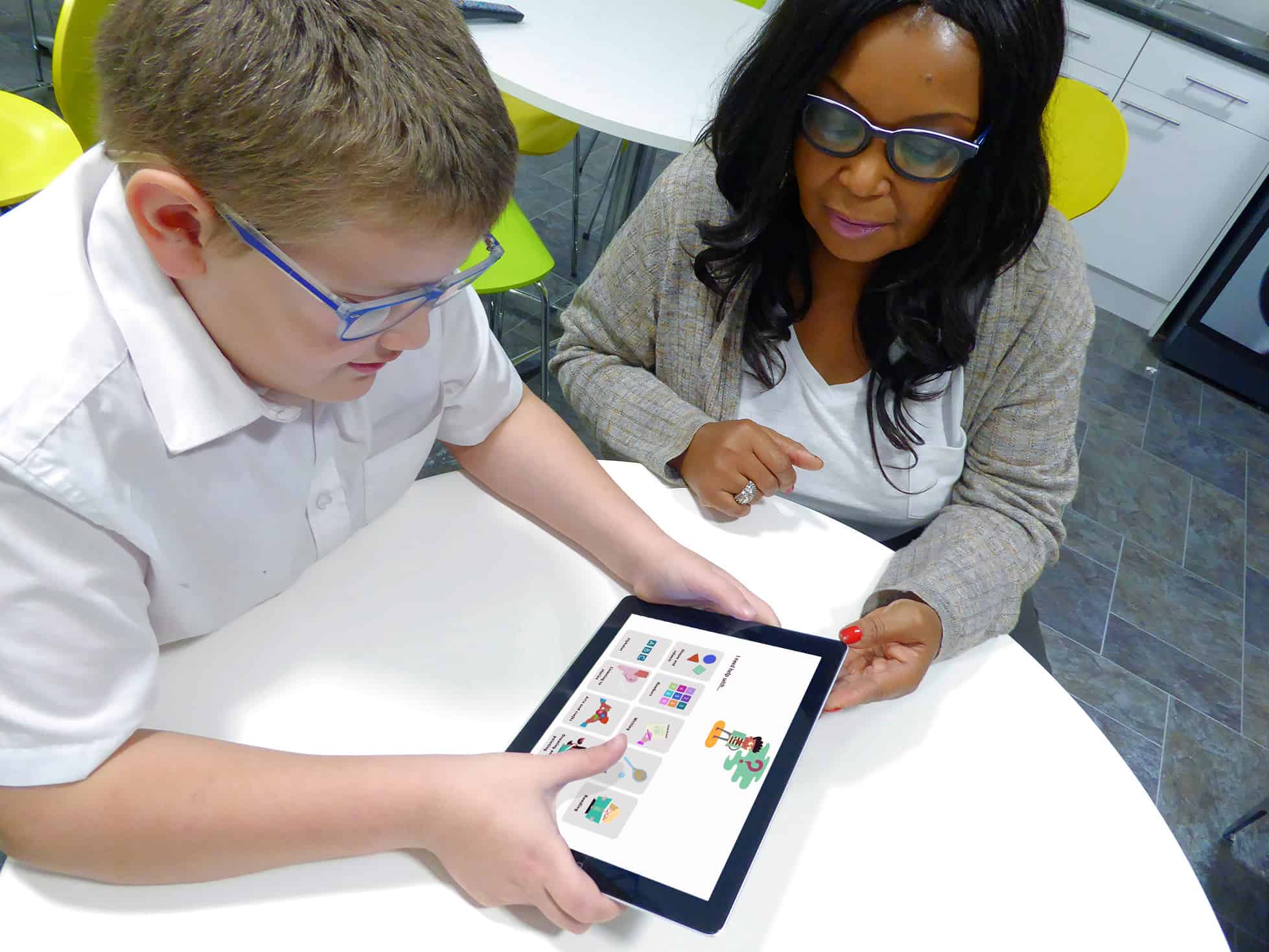One key concern emerging from the report, that made every school listen up, was that the area children and young people felt most unhappy about was their schools. A large proportion of children and their parents/carers reported that they had not coped well with the changes made to schools because of the pandemic, over half of parents/carers described a negative impact of the pandemic and its consequences on the education of their children.
Hearing children’s and young people’s views
The data shows that children and young people felt they were not listened to and almost half said that they didn’t have a say in decisions that were important to them at school, which was the main reason why schools have contributed to low levels of self-reported wellbeing. These results show a direct correlation between children having their views heard and listened to and their levels of happiness.
What should schools consider next, given those findings? They most certainly highlight the need for prevention and early intervention to promote positive wellbeing for children in schools. And whilst a lot of good work is already being done in schools, this year’s Good Childhood Report highlights one fundamental need that has needs to become a core practice in schools: to regularly listen to the voice of the child. We know that better care and support happen when children are better listened to. And their wellbeing will most likely improve too.
Get in touch to find out more about how schools and colleges can use our apps to capture, record and evidence the voices of their learners, so that early safeguarding, mental health, and wellbeing concerns are detected and acted upon earlier.




